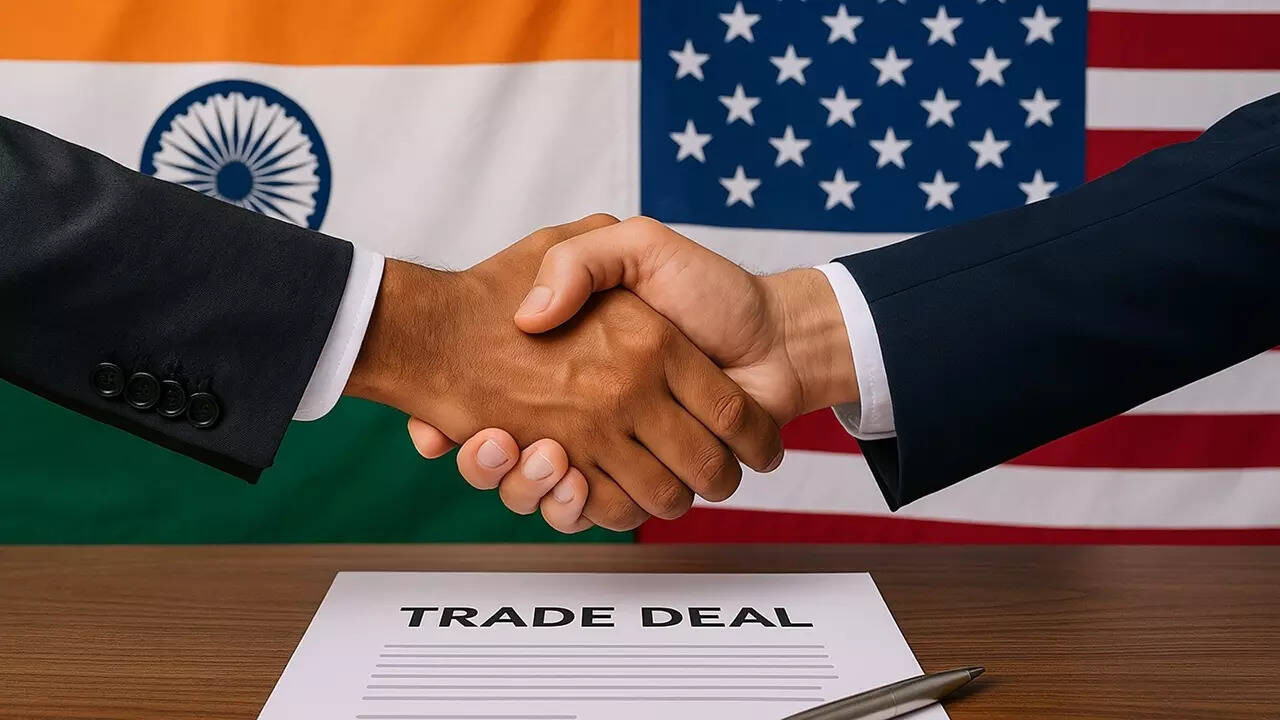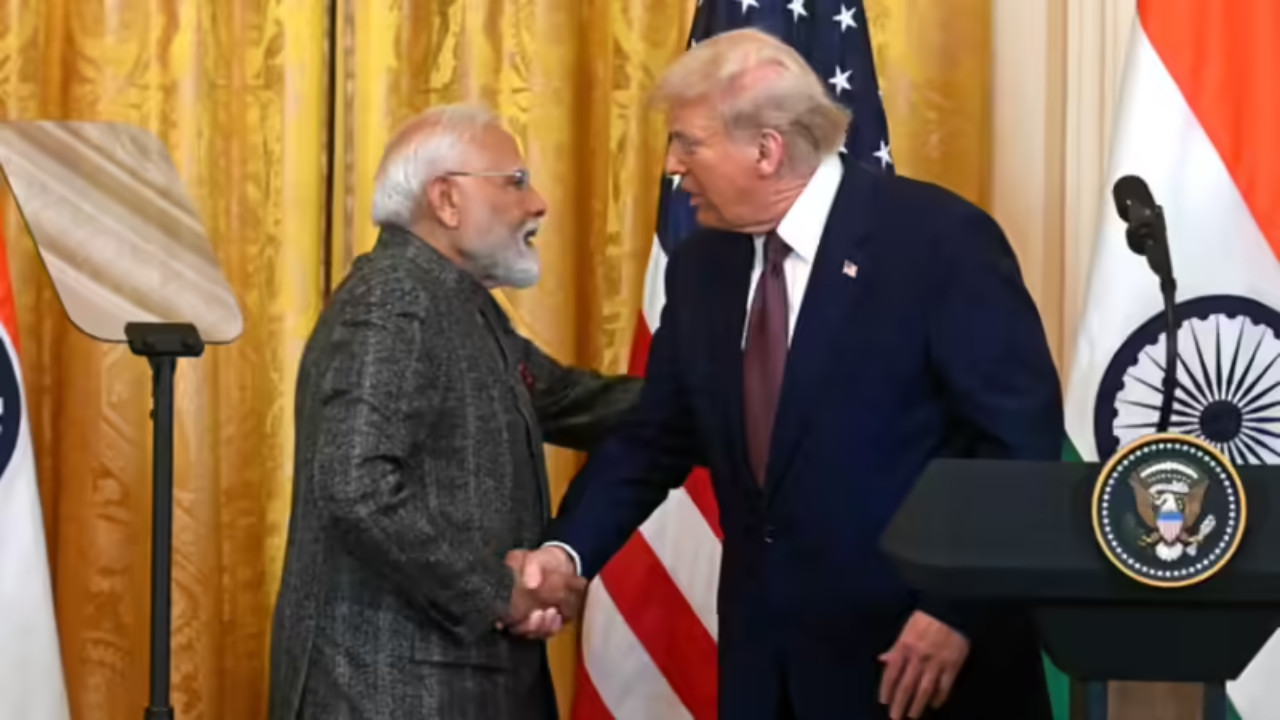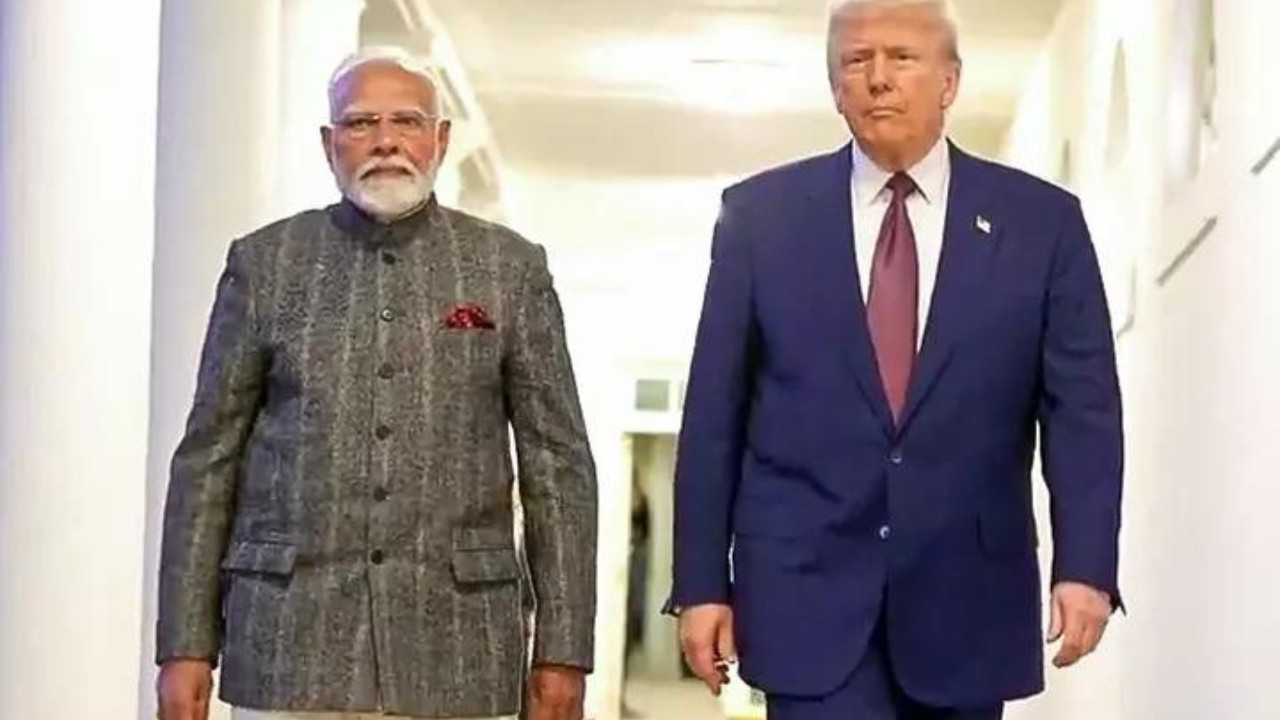Moody’s Ratings highlights that ongoing uncertainty surrounding US tariffs negatively impacts emerging market debt issuers, including corporations and governments. These tariffs, coupled with geopolitical tensions, contribute to slower economic growth and currency depreciation. Moody’s also downgraded the US credit rating due to rising government debt and persistent deficits, forecasting further increases in federal deficits.
Emerging Markets Brace for a Bumpy Ride: How US Trade Winds are Ruffling Feathers
Okay, let’s be honest, the world of international finance can feel like deciphering ancient hieroglyphs. We hear about tariffs, credit ratings, and emerging markets, and our eyes start to glaze over. But stick with me here, because what’s brewing in the global trade arena could have some very real consequences, even if you’re not tracking the Dow Jones Industrial Average every five minutes.
Recently, Moody’s, one of the big players in the credit rating game, dropped a bit of a bombshell. They’re essentially saying that the ongoing trade spats, particularly the ones involving the US, are casting a long shadow over emerging market countries and their ability to manage their debt.
Now, what does that actually mean?
Think of it like this: imagine you’re a small business owner in a developing country. You rely on exporting your goods to keep things afloat. But suddenly, the US slaps hefty tariffs on your products. Your goods become more expensive for American consumers, so demand drops. You’re selling less, earning less, and struggling to pay back your loans.
That, in a nutshell, is the predicament facing many emerging market nations. They’ve built their economies, in part, on global trade, and now they’re finding themselves caught in the crossfire of these trade wars. These tariffs and the general uncertainty they create are like a constant headwind, making it harder to grow, harder to invest, and, crucially, harder to service their debts.
Moody’s isn’t just throwing darts at a board. They’re saying this trade instability directly impacts the creditworthiness of these nations. A lower credit rating, like a bad review for your business, makes it more expensive for them to borrow money. Investors become wary, demanding higher interest rates to compensate for the perceived risk. This can spiral into a vicious cycle. Higher interest payments mean less money for crucial investments in things like infrastructure, education, and healthcare, further hindering their economic progress.
And here’s the kicker: the uncertainty itself is a major culprit. It’s not just the tariffs that are hurting these economies. It’s the fear of future tariffs, the unpredictable nature of trade negotiations, and the constant shifting of goalposts. Businesses and investors hate uncertainty. They need a stable environment to plan, invest, and grow. When the rules of the game can change at any moment, they become hesitant, pulling back on investments and contributing to a slowdown.
This isn’t just some abstract economic theory. Think about the real-world consequences. Imagine the impact on communities that rely on exports for their livelihoods. Picture the ripple effect as businesses struggle, jobs are lost, and families face hardship.
The situation highlights a crucial point: globalization is a double-edged sword. While it can bring prosperity and opportunity, it also creates interconnectedness, making economies vulnerable to external shocks. A decision made in Washington can have profound implications for a farmer in Brazil or a factory worker in Vietnam.
So, what can be done? That’s the million-dollar question. There are no easy answers, of course. One thing is clear: international cooperation is essential. Trade wars ultimately hurt everyone involved. Finding common ground, negotiating fair trade agreements, and creating a more stable and predictable global trade environment is crucial for fostering sustainable growth in emerging markets.
Furthermore, emerging market nations need to diversify their economies. Relying too heavily on exports to a single country makes them incredibly vulnerable to policy changes in that country. By developing stronger domestic markets and diversifying their export partners, they can become more resilient to external shocks.
Of course, this isn’t going to happen overnight. It requires long-term planning, strategic investments, and a commitment to reform. But the alternative – a world of escalating trade wars and struggling economies – is simply not sustainable.
The global economic landscape is constantly evolving, and the challenges facing emerging markets are complex and multifaceted. But one thing is certain: navigating this turbulent environment requires vigilance, adaptability, and a willingness to work together to build a more stable and equitable global economy. And understanding the nuances of trade and its impact is the first step in navigating those choppy waters. It’s a conversation we all need to be paying attention to.
📬 Stay informed — follow us for more insightful updates!







